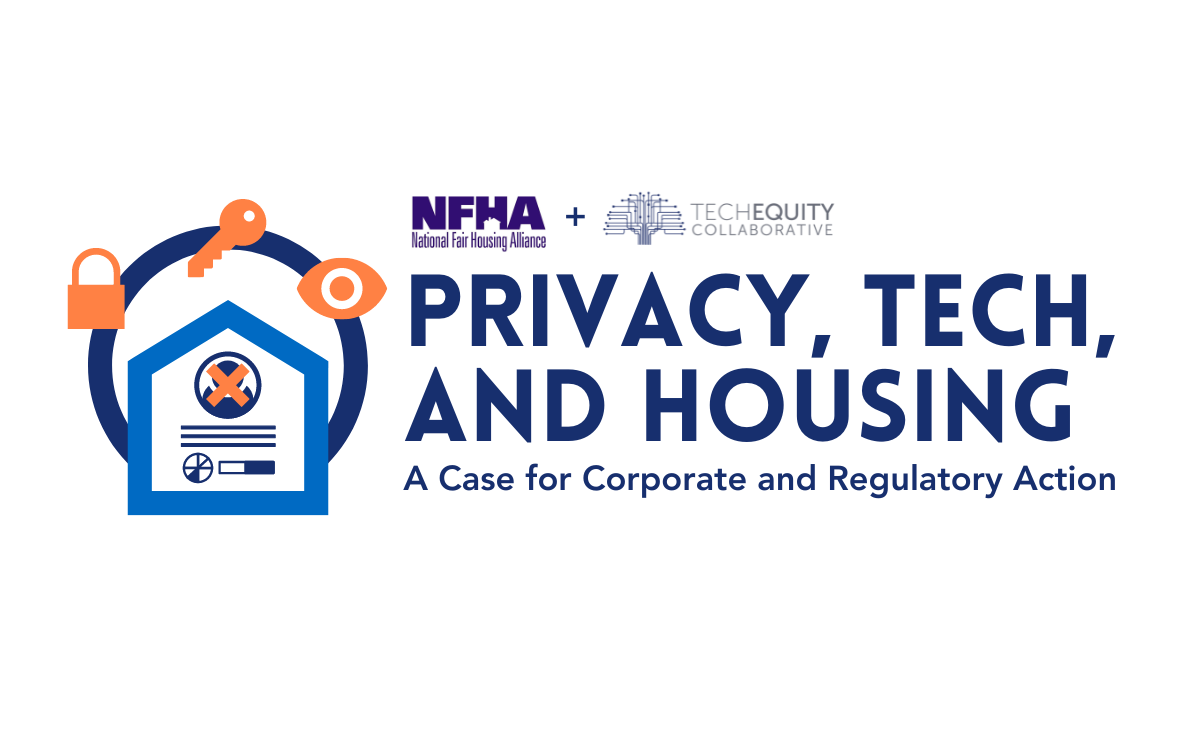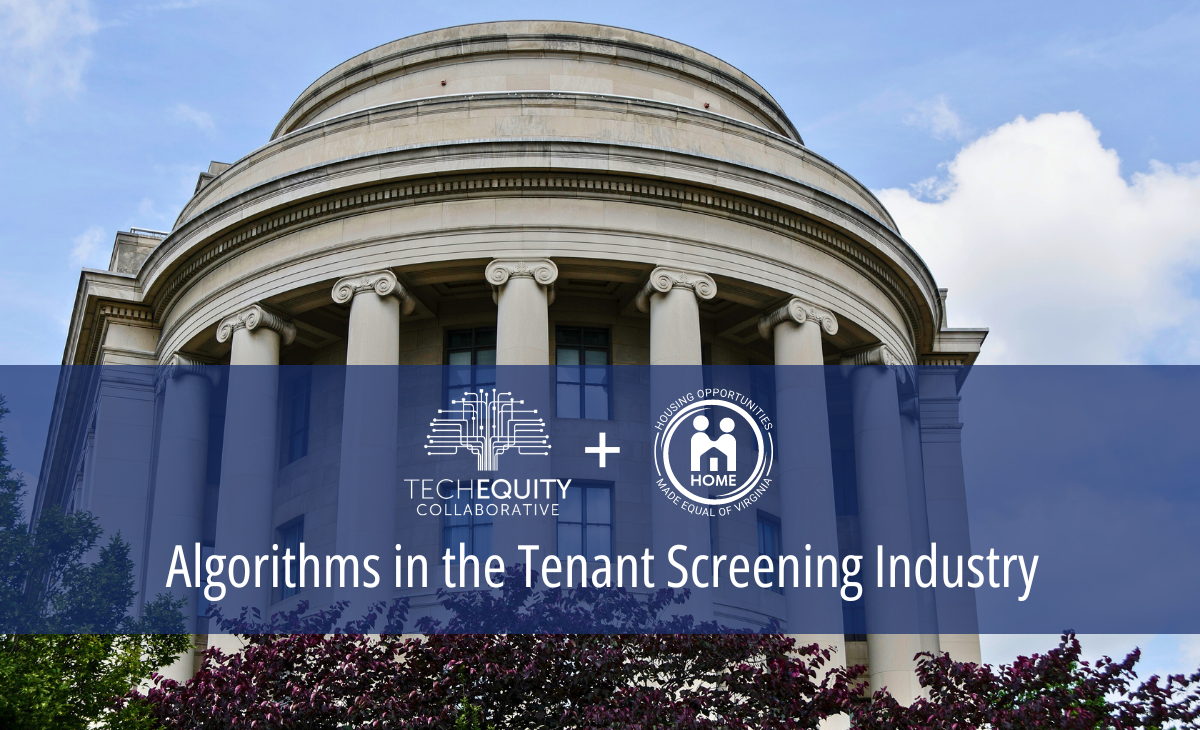Prop 19: What You Need to Know

Election Day is just around the corner. While the presidential race is drawing the most attention, ballot measures and candidates in local and state races have the potential to drastically reshape our communities, amidst and after the COVID-19 pandemic.
That’s why we’ve launched this blog series, to break down the key issues on the statewide and local ballots.
Check out our elections page for articles on the other statewide and local measures.
What is Proposition 19?
Proposition 19 is a complicated measure that makes two very unrelated changes to the way property taxes work for homes and local and state budgets. The first makes it easier for senior homeowners to move within California and keep their property tax breaks, but would cost local governments over a billion dollars. The second would end a tax break for inherited property, which raises tax revenue for local governments. Analysts estimate that, overall, the measure will somewhat increase tax collection in the state, and that extra revenue will be used for fire protection. The measure is sponsored by the California Association of Realtors. While the first two components largely offset each other’s budget impacts, there isn’t much additional policy rationale for combining them in one measure.
Proposition 19 would expand a current provision that allows homeowners who are 55 and older, severely disabled, or lost their home to a natural disaster to take their property tax break with them if they buy a new house in California. Under current law, those homeowners can keep their lower property assessment with them if they buy a new house in the same county or one of ten counties that also offer the break to people moving from other counties. These homeowners are only allowed to take advantage of this provision once in their lifetime. Proposition 19 would allow eligible homeowners to purchase a house anywhere in California and keep their property tax break. They would also be able to use the provision up to three times. This provision of the measure will lower the property tax collections of local governments and school districts.
To offset the reduction in tax revenue, Proposition 19 changes the way property taxes are calculated on inherited homes. Currently, homes that are passed down through the family keep their lower assessed value regardless of whether the heirs use the home as their primary residence. This measure would require the heirs to live in the home as their primary residence in order to keep the property tax break.
The state Legislative Analyst’s Office (LAO) estimates that, overall, Proposition 19 would increase tax revenue for the state and provide funding for fire protection. The change to inherited properties would raise more revenue for local governments and school districts than lost by the increased tax break portability. This, in turn, means the state would spend less in assistance for local school funding. The measure mandates that the extra revenue is used for fire protection services.
Proposition 19 needs a 50% plus 1 vote majority to pass.
Why does it matter?
Proposition 19 brings back a provision that was on the ballot in 2018. That year, only the piece allowing greater flexibility for transferring a property tax break was up for a vote. Accordingly, the LAO estimated that measure would cost local governments and school districts $2 billion per year. Voters soundly rejected the measure with 60% of the vote going against it. The California Association of Realtors sponsored the 2018 measure and is also behind Proposition 19 this year. They’ve added the provision restricting tax breaks on inherited property to reassure voters who may be concerned about the loss of property tax revenue.
The broad tax break for inherited property gained notoriety two years ago when the L.A. Times reported that 63% of the properties in Los Angeles County paying lower taxes under the provision, including some owned by celebrities, were second homes or rented out. In 2017, the LAO published a report on the inherited property tax break and found that about 10% of property transfers in the state utilized the provision and that it reduced property tax collections by $1.5 billion, or 2.5% of total property tax receipts.
Proposition 19 followed an unusual path to the ballot. It originally began as a citizen’s initiative sponsored by the California Association of Realtors and the campaign collected enough valid voter signatures to make it on the ballot in November. At the last minute, before the deadline for changes to the ballot in late June, the Realtors struck a deal with the legislature to remove the original measure and place an alternative on the ballot instead. The main change in the replacement measure was the provision requiring that any extra tax revenue is spent on fire protection.
Who supports Proposition 19 and what’s their argument?
Supporters argue that making the residential property tax break more flexible is necessary to allow seniors and people with disabilities to move closer to medical care and families and live in a home more suited to their needs. The backers are also concerned about victims of natural disasters who may need to relocate to another area of the state after losing their homes. The proponents contend that the current intra-county portability is not enough and homeowners in each of these groups are stuck with either an unaffordable property tax bill or a home that does not meet their needs.
Proposition 19 supporters also argue that their measure increases tax revenue overall by tightening the tax break for inherited property. They argue that inherited properties used as rentals or second homes are not really what the designers of the tax break intended to receive a lower tax bill. By eliminating the property tax break for these properties, Proposition 19 can allow greater flexibility for seniors, people with disabilities, and victims of natural disasters, while still raising revenue. They also argue that the additional revenue will be put to good use fighting wildfires.
The main supporter of Proposition 19 is the California Association of Realtors. Prominent endorsers include the California Democratic Party, California Business Roundtable, California Labor Federation, California Professional Firefighters, State Senate President Tony Atkins, and State Treasurer Fiona Ma. A full list of endorsements is available here.
As of publication, supporters have raised about $19 million. The top funders in support of Proposition 19 are the California Association of Realtors and the National Association of Realtors. The latest contribution data can be found here.
Who opposes Proposition 19 and what’s their argument?
Opponents to Proposition 19 fall in two camps: those who support the flexibility provision but oppose the inherited property position, and those who support the inherited property provision but oppose the flexibility provision. Both camps agree that it is odd that the measure combines the two provisions because they don’t have much to do with each other and could stand alone as separate measures. The supporters of the flexibility piece don’t think it’s necessary to offset the loss of tax revenue by tightening restrictions on the inherited property tax break. On the other side, supporters of reforming the inherited property provision think local governments and schools should be able to keep all of the additional tax revenue that piece brings in. While they don’t agree on the reasons why they are opposed, both groups see the combination of the two provisions as an attempt by the Realtors to fix the problem with their 2018 measure and win passage this year.
There isn’t an organized opposition campaign to Proposition 19. The editorial boards of the Mercury News, East Bay Times, Los Angeles Times, and Orange County Register, as well as the San Francisco Tenants Union and the Howard Jarvis Taxpayers Association, oppose Proposition 19.
As of publication, opponents have raised less than $1 million. No opposing donor has contributed enough to reach the disclosure threshold. The latest contribution data can be found here.
TechEquity is voting no on Proposition 19
We agree with critics of Proposition 19 that there is no good reason to combine the two major provisions of the bill. The Realtors tried in 2018 to expand the portability of the residential property tax break and voters, correctly, rejected that proposal. Nothing has changed in the two years since to make it appropriate to revisit that proposal. We support the provision to limit tax breaks for inherited property. In a time when local governments are desperate to stabilize their tax revenues, it doesn’t make sense to continue giving a tax break to rental properties and second homes. At the same time, it doesn’t make sense to sacrifice those increased revenues in an effort to increase home sales and commissions for realtors.
We say vote no on Proposition 19!





